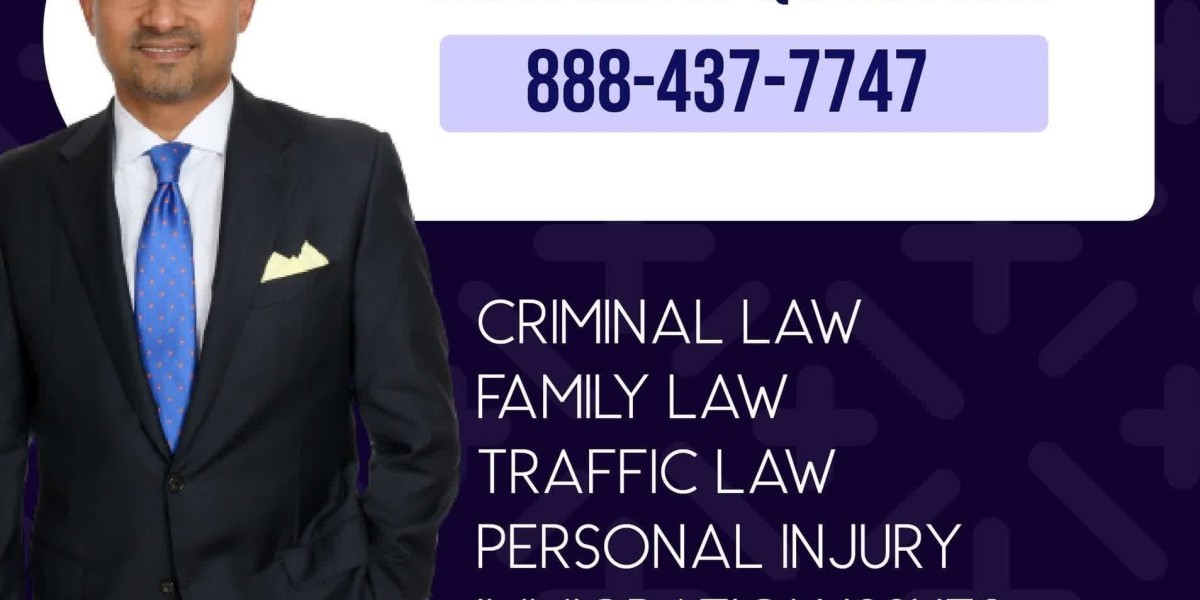Divorce can be a challenging and emotionally taxing process, made even more complex by the varying laws and regulations across different states. In New York, the legal landscape surrounding divorce is defined by specific statutes and guidelines aimed at regulating the dissolution of marriages and ensuring fairness for all parties involved.
What are The Laws for Divorce in New York
Grounds for Divorce
In New York, divorces can be granted based on both fault and no-fault grounds. Understanding these grounds is crucial for anyone contemplating divorce or currently navigating the process:
No-Fault Divorce: New York allows for no-fault divorce, which means that couples can dissolve their marriage without having to prove wrongdoing by either spouse. To qualify for a no-fault divorce, the couple must demonstrate that the marriage has been irretrievably broken for at least six months and that efforts at reconciliation have failed.
Fault-Based Divorce: Alternatively, New York also recognizes fault-based grounds for divorce. These include adultery, abandonment for a continuous period of one year or more, imprisonment for three or more consecutive years, cruel and inhuman treatment, or the conversion of a separation judgment.
Residency Requirements
To file for divorce in New York, at least one spouse must meet the residency requirements established by the state. These requirements stipulate that:
- Either spouse must have been a resident of New York for a continuous period of at least two years immediately before the divorce action is filed.
- Alternatively, the residency requirement is reduced to one year if:
- The couple was married in New York, and either spouse is a resident at the time of filing.
- The couple resided in New York as a married couple, and either spouse is a resident at the time of filing.
Division of Marital Property
New York follows the equitable distribution principle when dividing marital property during divorce proceedings. Equitable distribution does not necessarily mean equal distribution; rather, it involves a fair and just division of assets and liabilities acquired during the marriage. Factors considered in property division may include:
- Duration of the marriage
- Income and property of each spouse at the time of marriage and at the time of divorce
- The age and health of each spouse
- The need of a custodial parent to occupy or own the marital residence
- Any maintenance awarded to either spouse
- Liquid or nonliquid nature of marital property
- Probable future financial circumstances of each party
- Tax consequences of the property division
Child Custody and Support
In matters of child custody and support, New York courts prioritize the best interests of the child. While there's no presumption of custody in favor of either parent, various factors are considered in determining custody arrangements, including:
- The child's wishes (if of sufficient age and maturity)
- Parental fitness
- Stability and continuity of the child's environment
- The quality of the child's relationships with parents and siblings
Child support in New York is calculated based on a percentage of the non-custodial parent's income, with adjustments made for factors such as custody arrangements and the financial needs of the child.
Conclusion
Navigating the legal intricacies of divorce in New York can be daunting, but understanding the laws and procedures can help ease the process. From grounds for divorce to property division and child custody arrangements, New York's divorce laws aim to ensure fair outcomes for all parties involved. If you're considering divorce or currently going through the process, consulting with a knowledgeable attorney can provide invaluable guidance and support.







